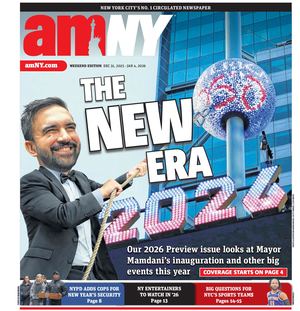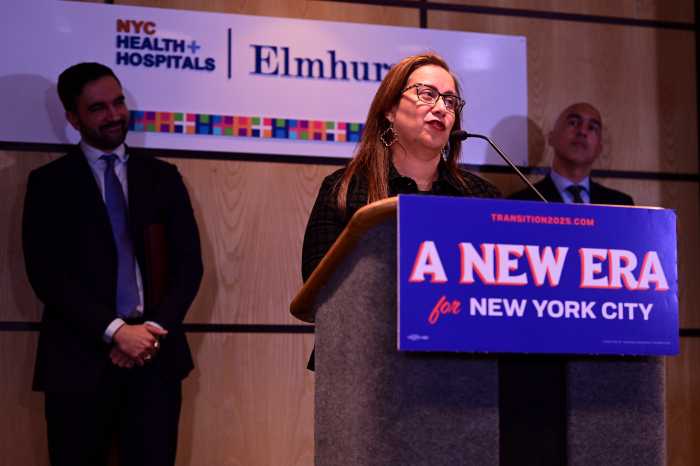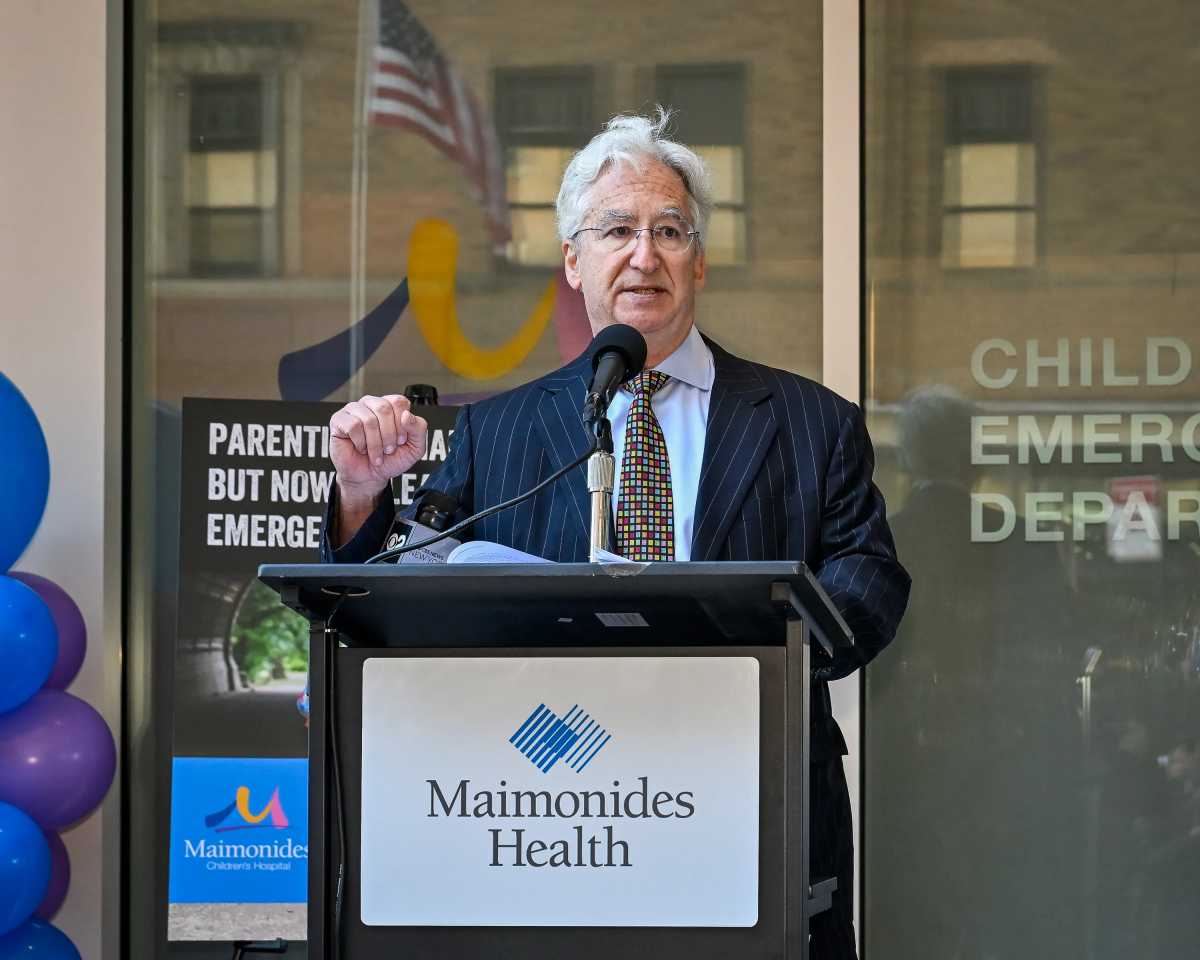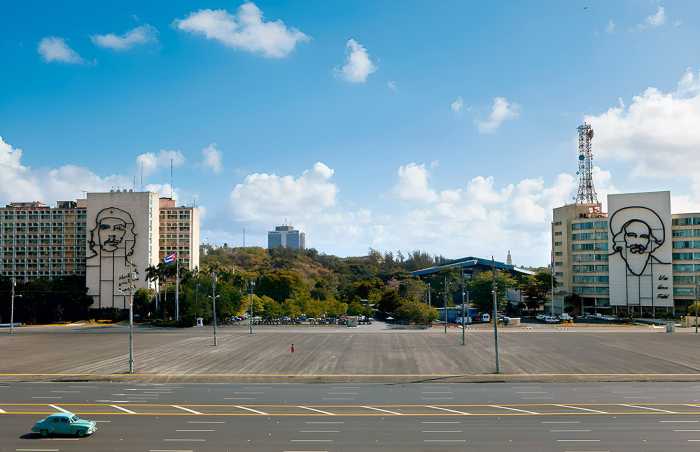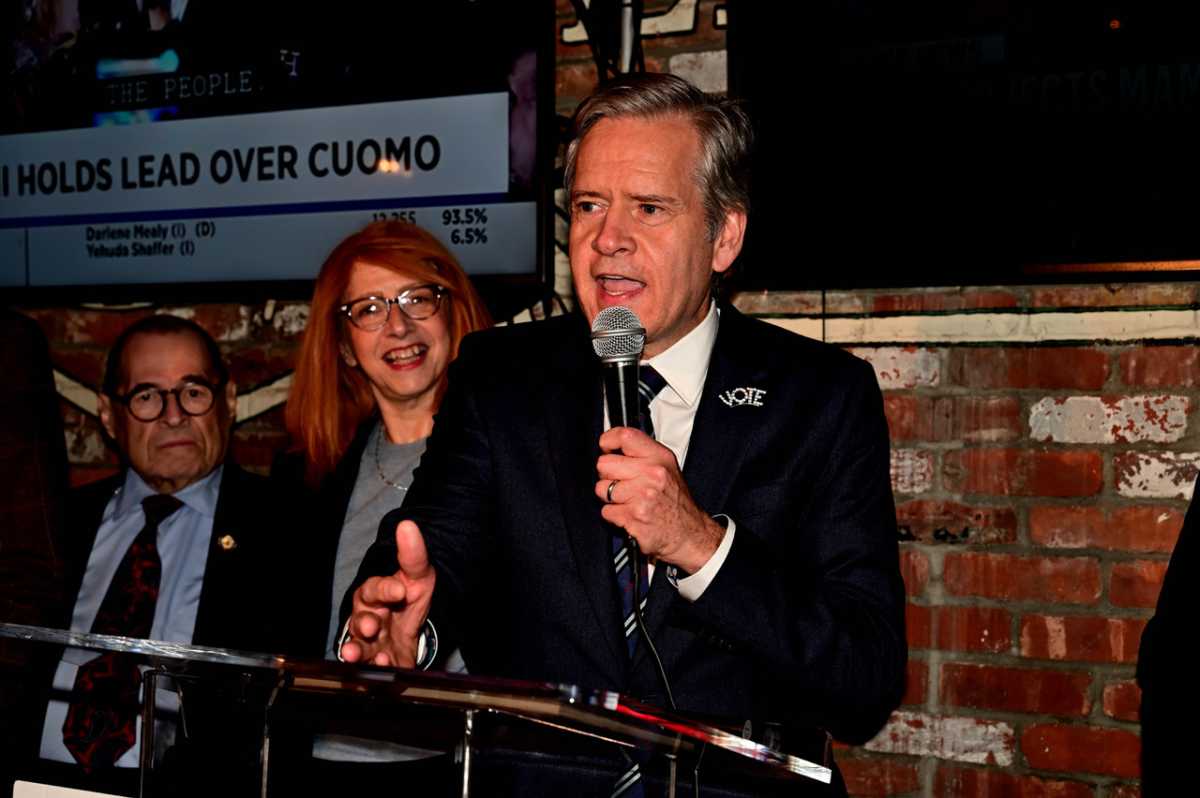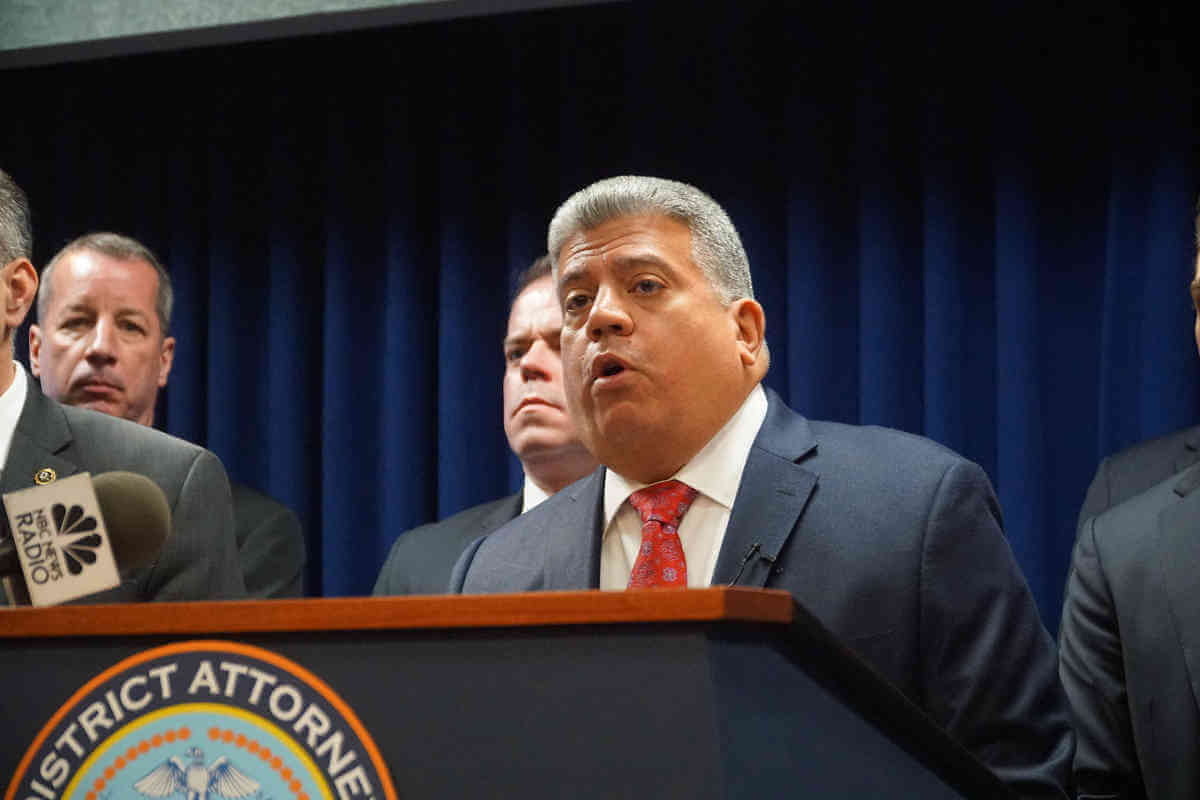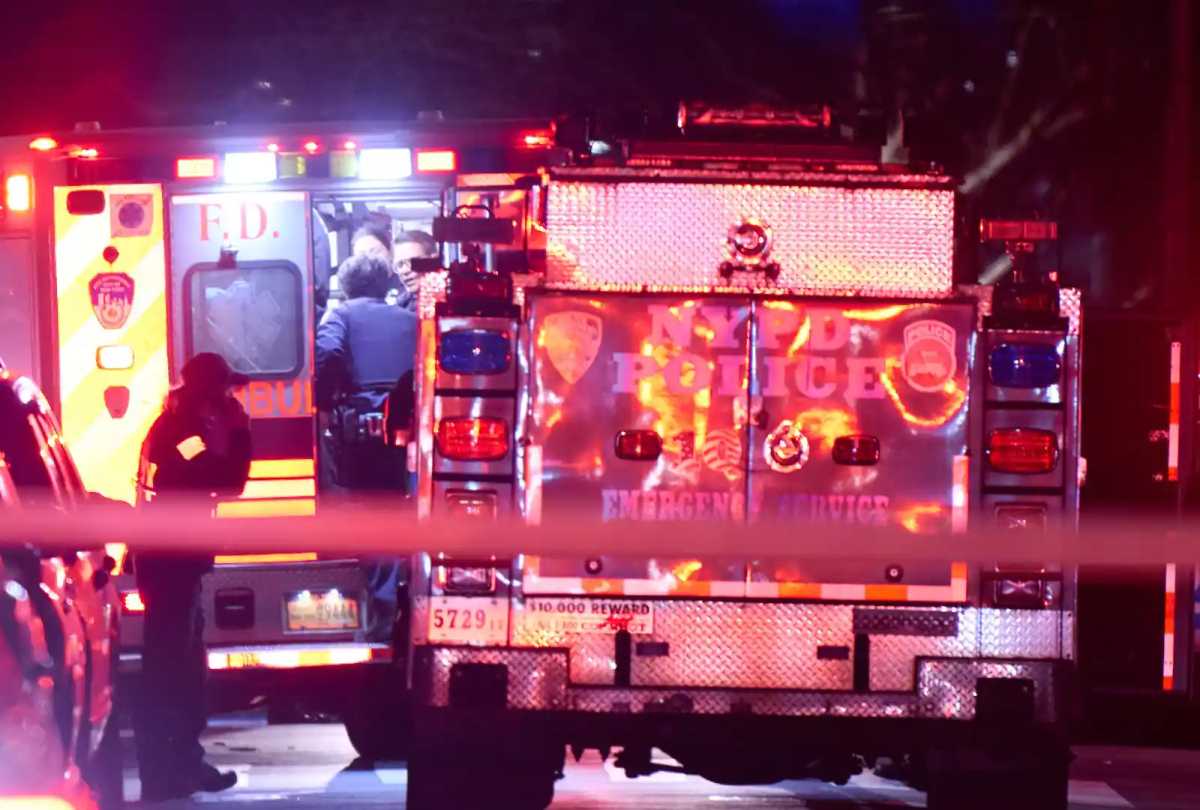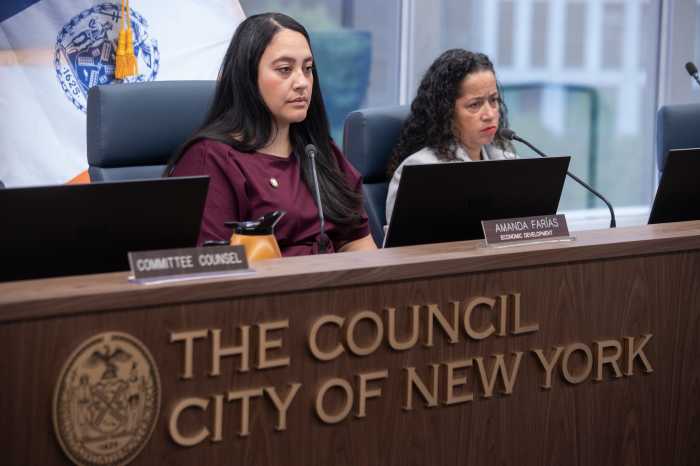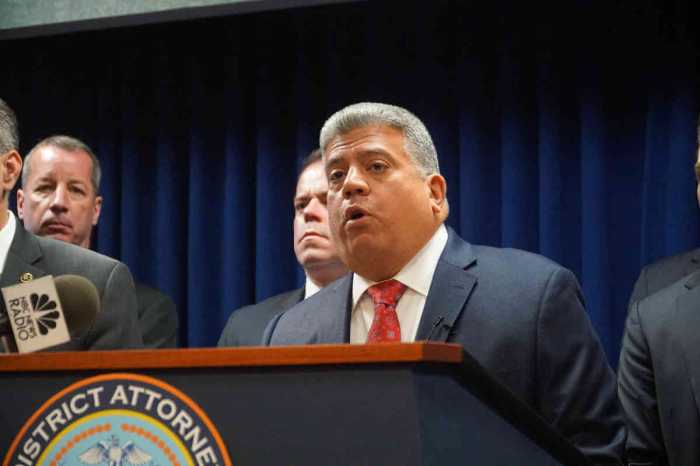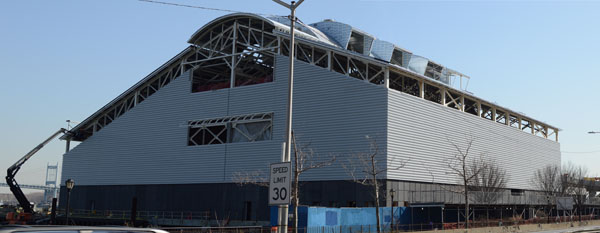
BY JACKSON CHEN | With neighbors of the planned 91st Street Marine Transfer Station (MTS), now under construction, still unhappy about its impending opening in 2020, members of Community Board 8 have stepped up their demands for greater financial accountability regarding the project, including an audit by City Comptroller Scott Stringer’s office.
The MTS was approved more than a decade ago, in 2006, as part of former Mayor Michael Bloomberg’s Solid Waste Management Plan. The project involves a 10-story facility where garbage trucks will unload trash onto a barge for shipment out of state.
The project has engendered strong community opposition, and the original truck ramp, using an East 91st Street access — and cutting a swatch through the Asphalt Green athletic complex — was a particular bone of contention given concerns about young people accessing the sports facilities at 91st. In late 2015, the city agreed to add a second ramp accessing the MTS via 92nd Street, though that entrance will not be ready by the time of the trash facility’s opening. The plan is to eventually have the 92nd Street ramp be the primary access point, with the original 91st Street ramp used only for emergency situations.
With the expected surge in diesel garbage trucks frequenting the area, many Upper East Side residents have raised concerns about the air quality, and safety fears were exacerbated in March 2016, when a 55-year-old pedestrian, Jodi McGrath, was struck and killed by a garbage truck making a left turn onto First Avenue at East 92nd Street.
Now, CB8 is again raising concerns that the city’s cost estimate of $226 million for the project is a low-ball figure.
Last April, the board unanimously passed a resolution requesting that Stringer audit the project within six months to a year to investigate whether it is going over budget and to assess whether the MTS project was an efficient use of city funds.
Nearly 11 months later, the board has not received a formal response from Stringer, according to CB8 members.
“From what I understand [of the MTS], cost overruns are significant so we had asked for an audit,” Abraham Salcedo, CB8’s Environment and Sanitation Committee co-chair, said. “To date, not only have we not received an acknowledgement of the resolution, but we’ve not received a response one way or the other.”
Salcedo added that when he asked Stringer, during an appearance by the comptroller before CB8 later last year, about looking into the MTS, Stringer pulled him aside afterwards and said he “was not happy that I asked that question.”
Stringer, who served as Manhattan borough president from 2006 until 2014, when he became comptroller, was on record encouraging the city to relocate the 91st Street access ramp to a safer location, but has generally been vaguer in his public statements about other aspects of the controversial project.
According to CB8 members, a Stringer representative, Eric Holguin, did not offer any useful clarifications about the comptroller’s position on an audit at the full board’s February meeting.
During a later Environment and Sanitation Committee meeting, the idea of filing a Freedom of Information Law request of Stringer’s office looking for information about the MTS was floated, but instead CB8 chair Jim Clynes was asked to reach out to the comptroller’s office first either through a letter or a phone call. Holguin assured Clynes that his office would follow up with more information.
According to Tyrone Stevens, a spokesperson for Stringer, the comptroller’s office is “currently exploring the issues raised about the Marine Transfer Station. We hear the concerns that have been raised about government efficiency and responsiveness. These are two primary reasons for our audits, which require extensive background research before we can commence them.”
Stevens emphasized that Stringer’s office is committed to partnering with local residents and stakeholders “to ensure proper oversight and transparency” regarding the project.
